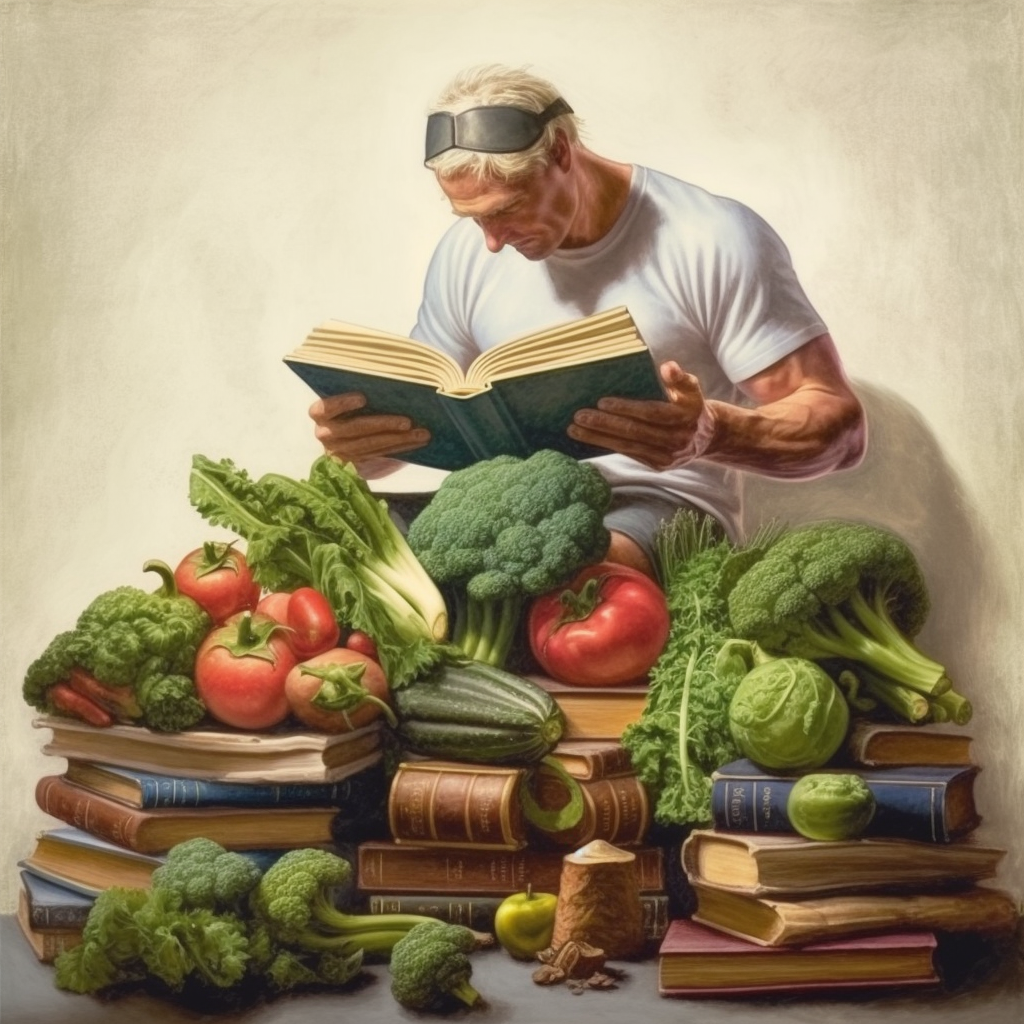Introduction:
“The only way to keep your health is to eat what you don’t want, drink what you don’t like, and do what you’d rather not.” This somewhat paradoxical statement, often attributed to the great American humorist and writer Mark Twain, echoes a sentiment that has become increasingly relevant in our modern society. It challenges the very essence of health and wellness and offers a unique perspective on personal discipline, sacrifice, and the role of healthy habits in preserving health.
Understanding the Paradox:
Eating what you don’t want
The idea of “eating what you don’t want” can be seen as a critique of the instant gratification that characterizes modern dietary habits. As Professor Barry Schwartz from Swarthmore College suggests, the “Paradox of Choice” in our diets may be leading to increased stress and decreased happiness (1). While we might prefer a diet rich in sugars, fats, and processed foods, numerous studies have shown that these foods can have detrimental effects on our health (2). Therefore, eating what we ‘don’t want’ – that is, healthier foods like fruits, vegetables, lean proteins, and whole grains – can often be the key to maintaining good health.

Drinking what you don’t like
Similarly, “drinking what you don’t like” can be seen as a call to limit the consumption of sugary drinks and alcohol. According to the World Health Organization (WHO), excessive consumption of sugary drinks is associated with obesity and other related diseases, such as diabetes and heart disease (3). The Centers for Disease Control and Prevention (CDC) also reports that excessive alcohol use can lead to numerous health problems, including chronic diseases, neurological impairments, and a range of mental health issues (4). Therefore, choosing to drink what we might not initially prefer—like water, tea, or other unsweetened beverages—may be essential for maintaining our health.
Doing what you’d rather not
The sentiment “doing what you’d rather not” is a nod to the importance of regular physical activity, even when it might be uncomfortable or inconvenient. The Department of Health and Human Services (HHS) recommends at least 150 minutes of moderate-intensity aerobic activity or 75 minutes of vigorous-intensity activity per week, in addition to muscle-strengthening activities on two or more days per week (5). As studies show, maintaining an active lifestyle can help prevent chronic diseases, improve mental health, and extend life expectancy (6).
Conclusion:
While the quote attributed to Mark Twain might seem paradoxical or even negative at first, it provides a profound insight into the essence of maintaining our health. It suggests that the path to health often requires us to step out of our comfort zones and make choices that may not immediately gratify us. In this sense, it is not just a quote about health, but also a commentary on discipline, sacrifice, and long-term thinking.
References:
- Schwartz, B. (2004). The Paradox of Choice: Why More Is Less. Harper Perennial.
- Mozaffarian, D., Hao, T., Rimm, E. B., Willett, W. C., & Hu, F. B. (2011). Changes in diet and lifestyle and long-term weight gain in women and men. New England Journal of Medicine, 364(25), 2392-2404.
- World Health Organization. (2015). Sugary drinks and obesity – Fact sheet.
- Centers for Disease Control and Prevention. (2020). Fact Sheets – Alcohol Use and Your Health.
- U.S. Department of Health & Human Services.




